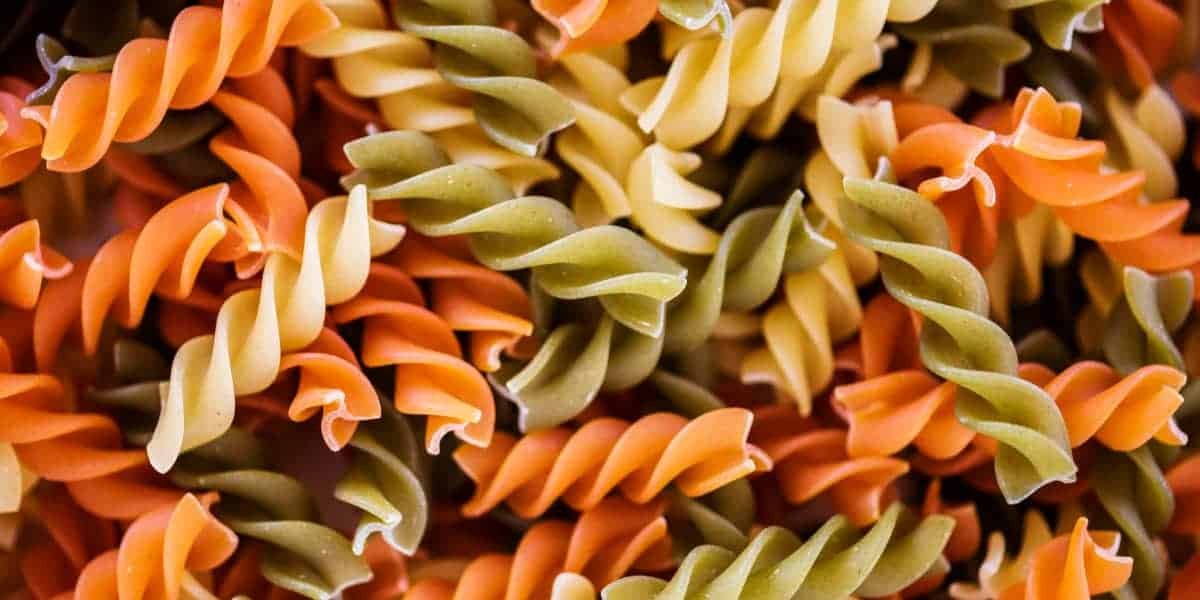We’ve addressed this issue before (read HERE). But carb remains a hot topic when it comes to weight loss and overall health.
A significant percentage (but not all) of NAFLD patients, or individuals who suspect they have a fatty liver condition, are overweight according to current BMI charts. Therefore, many, many people with NAFLD work daily on losing weight, eating less processed foods or both (our readers typically want to eat better even if they’re not trying to lose weight).
What’s the truth about carbs? Are they good? Bad? How will they impact your health – and will they help or hinder your efforts to combat NAFLD?
A Carb is a Carb is a Carb – True of False?
First, you’ve likely heard the terms “good carb” and “bad carb” tossed around. At the same time, you’ve heard “as far as your body is concerned, a carb is a carb.”
Are all carbs created equal?
Yes and no.
The Yes
Technically, your body treats all carbs in the same way: it attempts to process them, which initially involves breaking them down to glucose (sugar). In that way and that way alone, a broccoli carb is no different from a Snickers carb.
The No
Surprise: the difference – at least as far as your body is concerned – isn’t in whether that carb is “processed” or “naturally occurring.” Rather, the major difference is in what goes along with that carb gram. And what goes along with many non-processed carbs? Fiber.
Fiber slows the release of glucose into the system, making the body less “panicked” to clean things up quickly. This means that insulin – the cleanup crew – doesn’t need to jump to a giant spike. Rather, insulin is released more slowly and steadily, and spikes (less dramatically) somewhat later in the process.
When carbs are ingested linked to fiber, as happens with unprocessed fruits and vegetables, hunger is kept under control, as the insulin spike -> over-cleanup -> sugar low cycle (which can cause a so-termed “sugar crash” and often signals hunger to rectify the situation) isn’t initiated. This means you can stick to a healthy eating plan better (and you won’t be hyper/crashed/hyper in waves all through the day).

Are All Processed Carbs Bad, Then?
Well, our bodies weren’t designed to eat anything processed, technically, with the possible exception of meats (which some scientists believe we have evolved to not only be able to utilize, but require, to be cooked – researchers remain in disagreement regarding this theory, however).
But no, limited portions of processed carbs should not waylay a person’s overall good health plan if no other condition (such as diabetes, along with doctor-regulated food restrictions) is present.
In addition, some foods are unpalatable or even dangerous to eat in their unprocessed form. Go out to a wheat field, pinch off a stalk of ripe wheat and try to chow it down if you want to see an example of this in realtime.
So Exactly How Many Carb Grams Should I Eat in a Day?
That depends. Are you trying to lose weight? Maintain? Gain? Do you have issues with hunger during the day? Do you have hypoglycemia? Are you insulin-dependent diabetic? Type II diabetic? If you’re insulin-dependent, how good a job does your insulin do – is your diabetes well controlled? If Type II, are you on any medications for the condition, or for any other conditions?

Unfortunately, the answer to the question “How many carbs should I eat?” isn’t cut-and-dried. No two people will receive the same answer. If you’re concerned about your glucose, see your doctor. Besides giving you a fasting glucose test and perhaps an A1C (which better measures your glucose levels over time v. being a snapshot of just one day), she may give you an at-home glucose tester so you can monitor your levels after fasting (usually, upon waking up in the morning), just after eating, and either 1.5 of 2 hours after eating.
Some conditions can be well-controlled by eating fewer carbs, and some people will experience significantly less hunger while on a carb-controlled diet. If diabetes or pre-diabetes have been ruled out, you should be able to safely play around with your carb gram count a bit (ask your doctor first).
Try eating 30 carb grams per meal in conjunction with protein and see how you feel and where your weight goes. Other people restrict to only 15 carb grams per meal. And some people can eat basically unrestricted carbs and still lose weight provided calorie restriction and/or food choice changes (along with, usually, exercise) are implemented.
Experiment with your doctor’s thumbs-up to do so, and find the perfect eating plan – and the perfect amount and type of carbs – for you.
Originally posted 2019-06-30 11:59:01.



Marvelous, wha a weblog it is! This webpage gives valuable facts to us, keep it up.
You completed several nice points there. I did
a search on the topic and found nearly all persons will have the same opinion with your blog.